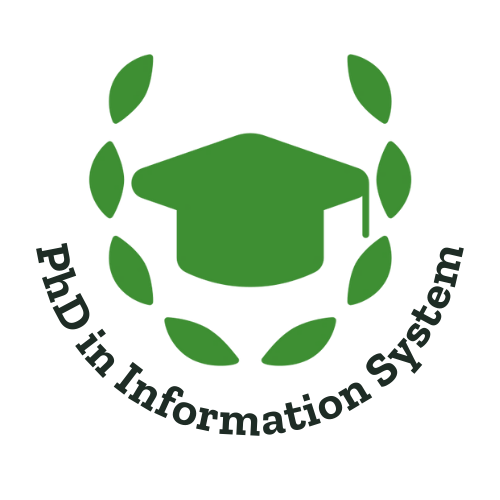For some, picking a PhD Business concentration is a no-brainer. For them, the concentration was determined earlier on from their bachelor’s degree. For others, it’s a nail-biting experience trying to figure out the difference between operations management and logistics or between management and management science.
I have seen students confuse “management science” with “management”. They look similar, don’t they? But are wildly different. The students start their program with management science probably because the name seems to include the two things they enjoy ( a mix of management and science). A few weeks into the first semester of course work, the Ph.D. student quickly realizes the heavy emphasis on math and statistics in management science and tries to make the switch to management. Read on to see why and how they are different.

In this blog, I describe the different concentrations in a PhD business and hope it helps you decide on which to follow.
- What are the different PhD business concentrations?
- Choosing a concentration
What are the Different Concentrations in a PhD Business
First, in most Ph.D. programs in business, even though the concentration is different, the degree that a person attains is usually the same: PhDBusiness Administration. In addition, these concentrations are based on the topics and focus of research.
Second, in each of these concentrations, the approach to studying these topics is often grounded in theoretical and quantitative rigor.
Third, rather than call it a “Ph.D. in Business”, you may find that some programs refer to this as a “Ph.D. in Management” or “Ph.D. in Management Science.” They all mean the same thing and have similar concentrations as listed above.
A PhDBusiness with a Concentration in Management.
A Ph.D. in this area means that students would focus on topics like leadership in organizations, organizational behavior, diversity in organizations, creativity in teams, decision making in organizations teams, teaming and collaboration, and conflict management, negotiation, culture, human resources management, entrepreneurship, and corporate policy. Students interested in any of these topics can choose to concentrate here.
A Ph.D. in Business with a Concentration in Information Systems
A Ph.D. in this area exposes students to topics like information systems, information management, cybersecurity, knowledge management, data analytics, data mining, artificial intelligence, machine learning, enterprise resource planning, data warehousing, and e-commerce. Students interested in any of these topics can choose to concentrate in information systems.
A PhD Business with a Concentration in Management Science
A Ph.D. in this area focuses on using statistics, mathematics, economics, and behavioral science to perform scientific research. Specifically, you will find subject areas such as data analytics, mathematical modeling, and optimization methods in this concentration. In other words, this concentration is focused on using a rigorous methodology to tackle different business problems.
Sometimes, you will find that some programs combine management science, operations management, and logistics as one concentration.
A Ph.D. in business with a concentration in Operations Management
A Ph.D. in this area means that students will use empirical analysis to study how processes, goods, and services are planned and managed in business operations such as inventory, manufacturing, revenue, and supply chain.
Expectation of skills: Prior training in a few of the following: calculus, linear algebra, optimization, probability, and statistics.
A PhD business with a concentration in Marketing
A Ph.D. in this area means that the student would be exposed to researching, understanding, and modeling consumer behaviors with respect to consumer decision-making processes towards products and services. Students interested in any of these topics can choose to concentrate on marketing.
A PhD Business with a Concentration In Finance
A Ph.D. in this area focuses on corporate finance, financial structure, investments, conflict of interest, financial intermediaries, international finance, pricing and valuation of assets, real estate, financial markets, and financial decision making.
Expectations of skills: Prior training in programming, operations research, Matlab, econometrics
A PhD Business with a Concentration in Accounting
Students focus on taxation, financial reporting, managerial accounting, corporate governance, and auditing.
Expected skills: Economics, linear algebra, decision theory, optimization, and statistics
Choosing a Ph.D. Concentration
Some Ph.D. programs have prerequisite skills. Make sure that you know what those are and that you have them or know how to acquire the skills before you start the program. In any case, some programs will not admit you unless they feel reasonably certain that you have the skills to succeed. As much as a Ph.D. education requires heavy time and emotional commitment from the student, it also requires some time and emotional commitment from the faculty member advising and mentoring the student.
When deciding, you may consider applying to a concentration based on not just interest, but also prerequisite skills.


2 Comments
Thank yo for this. I have gained clarity between management and management science.
Glad we could help